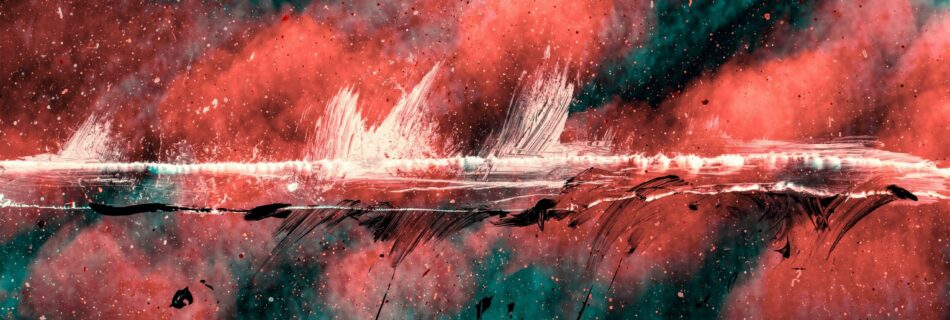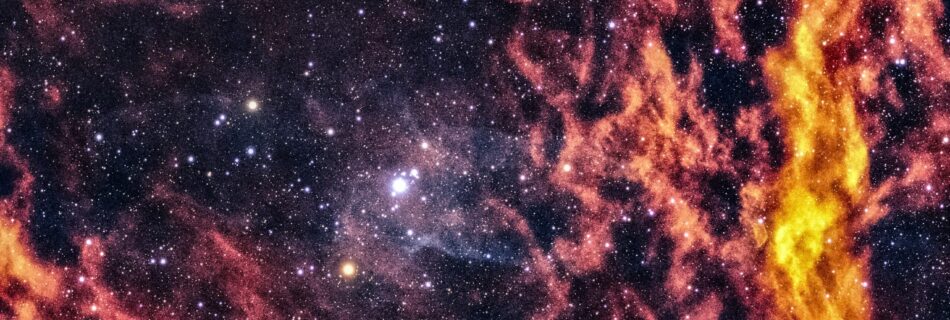Threefold Yoga, Kundalini and Chakras
The classical triad of karma, jñāna, and bhakti—work, knowledge, and devotion—maps not three rival roads but the three primordial faculties of the human essence: will, thought, and love. The Bhagavad Gītā taught them as distinct disciplines because each faculty must be purified in its own motion before the three can fuse in integral harmony. Yet …









